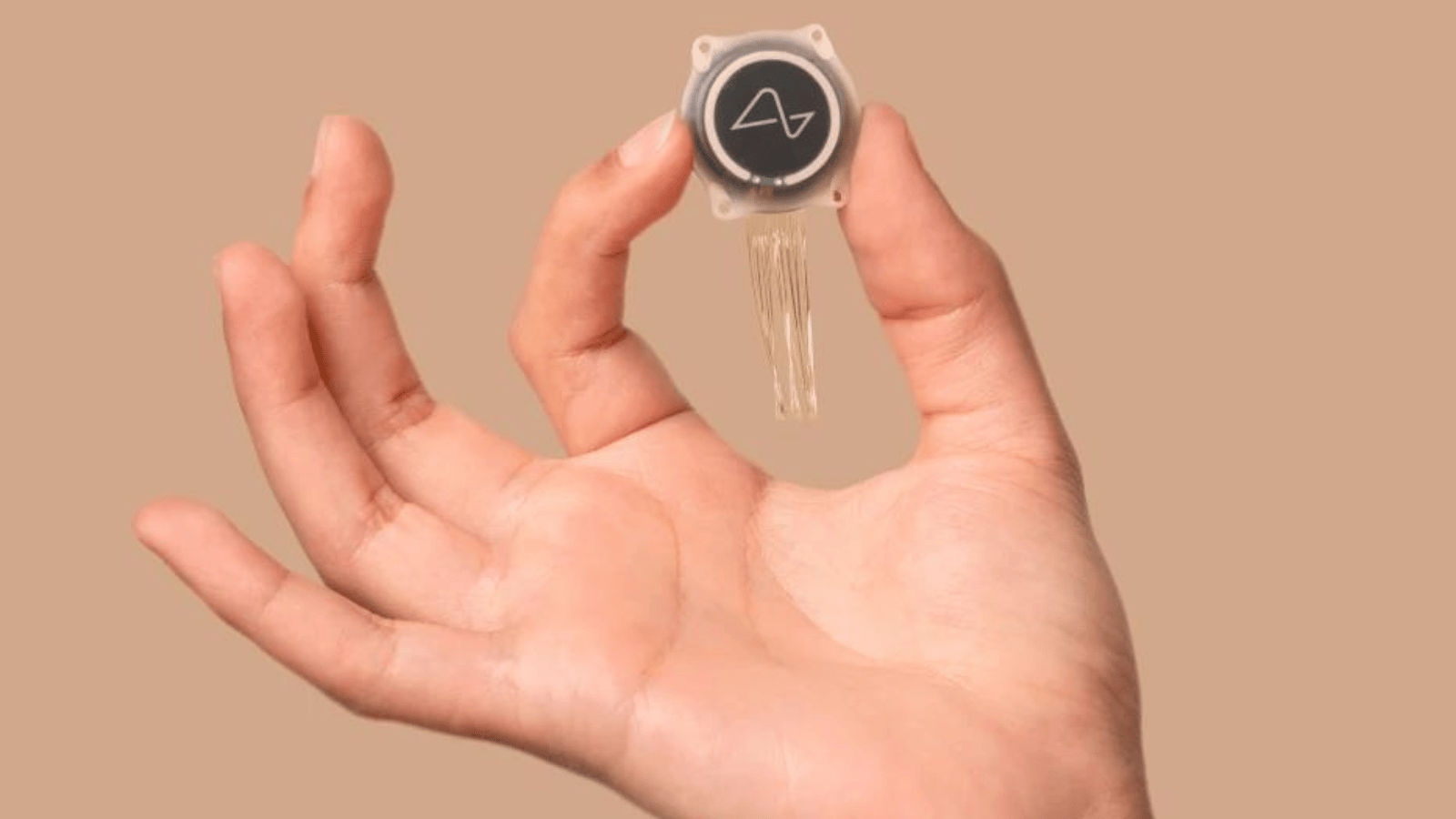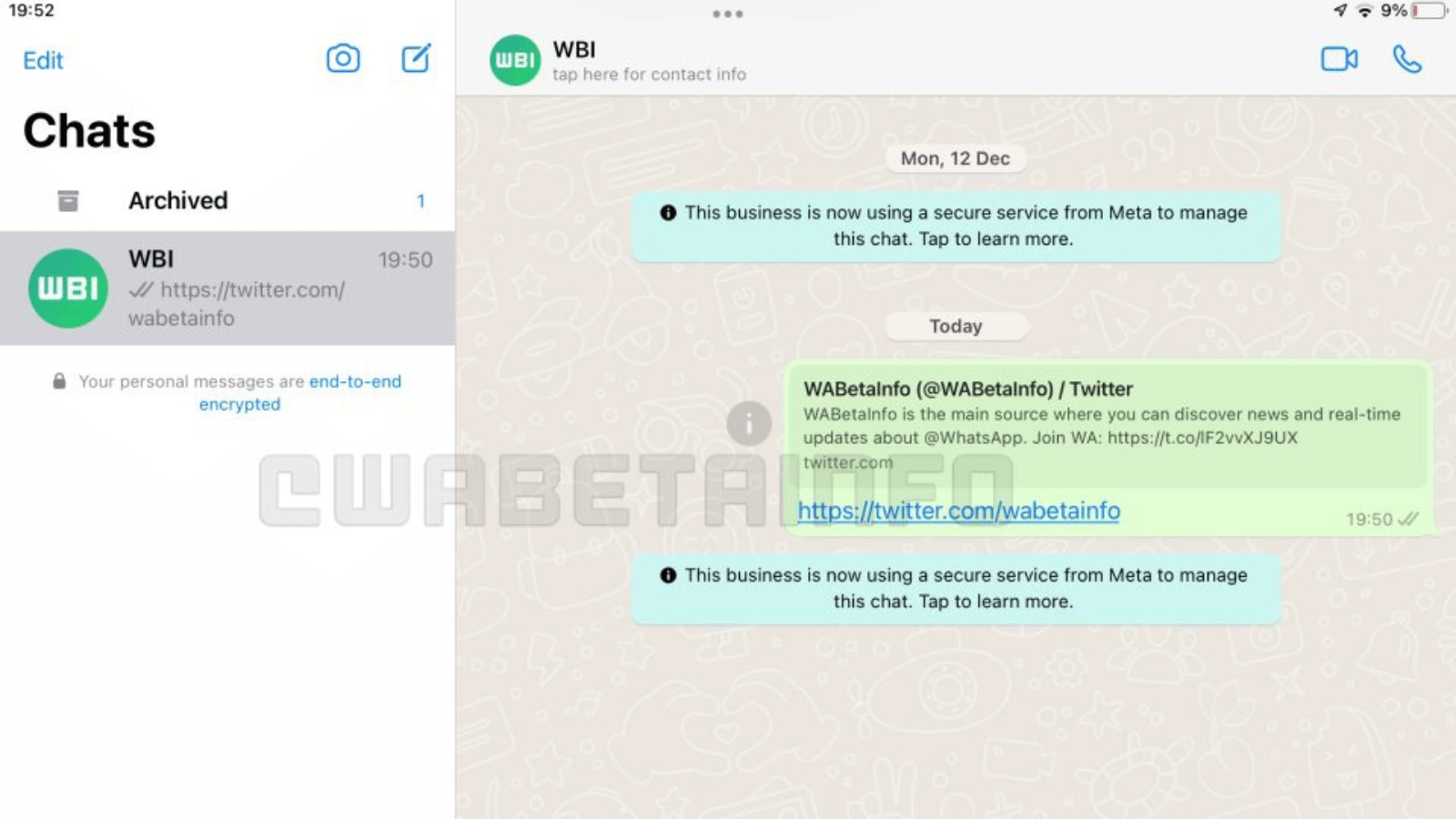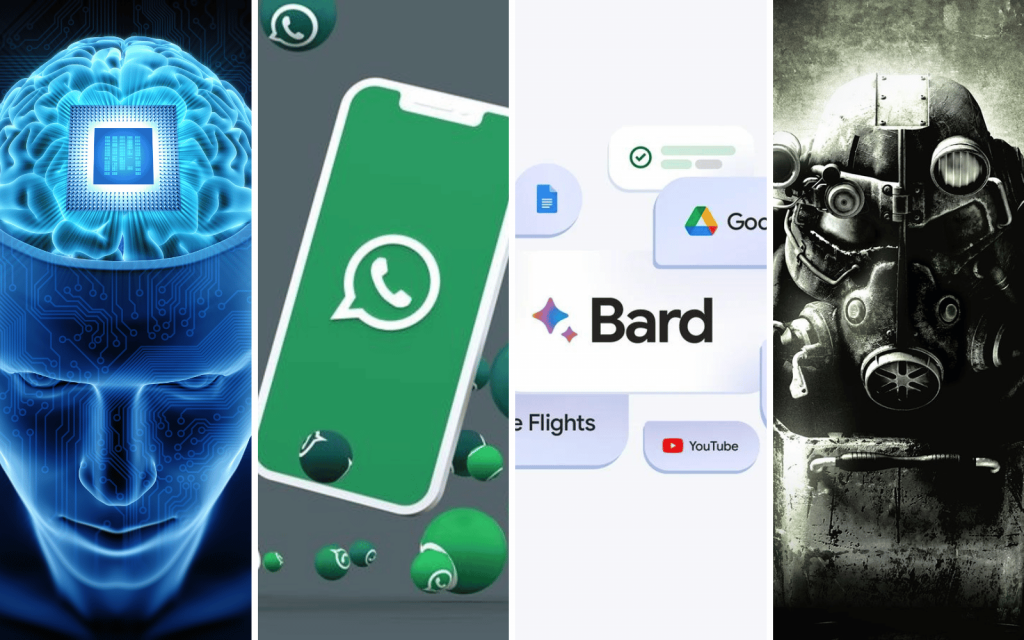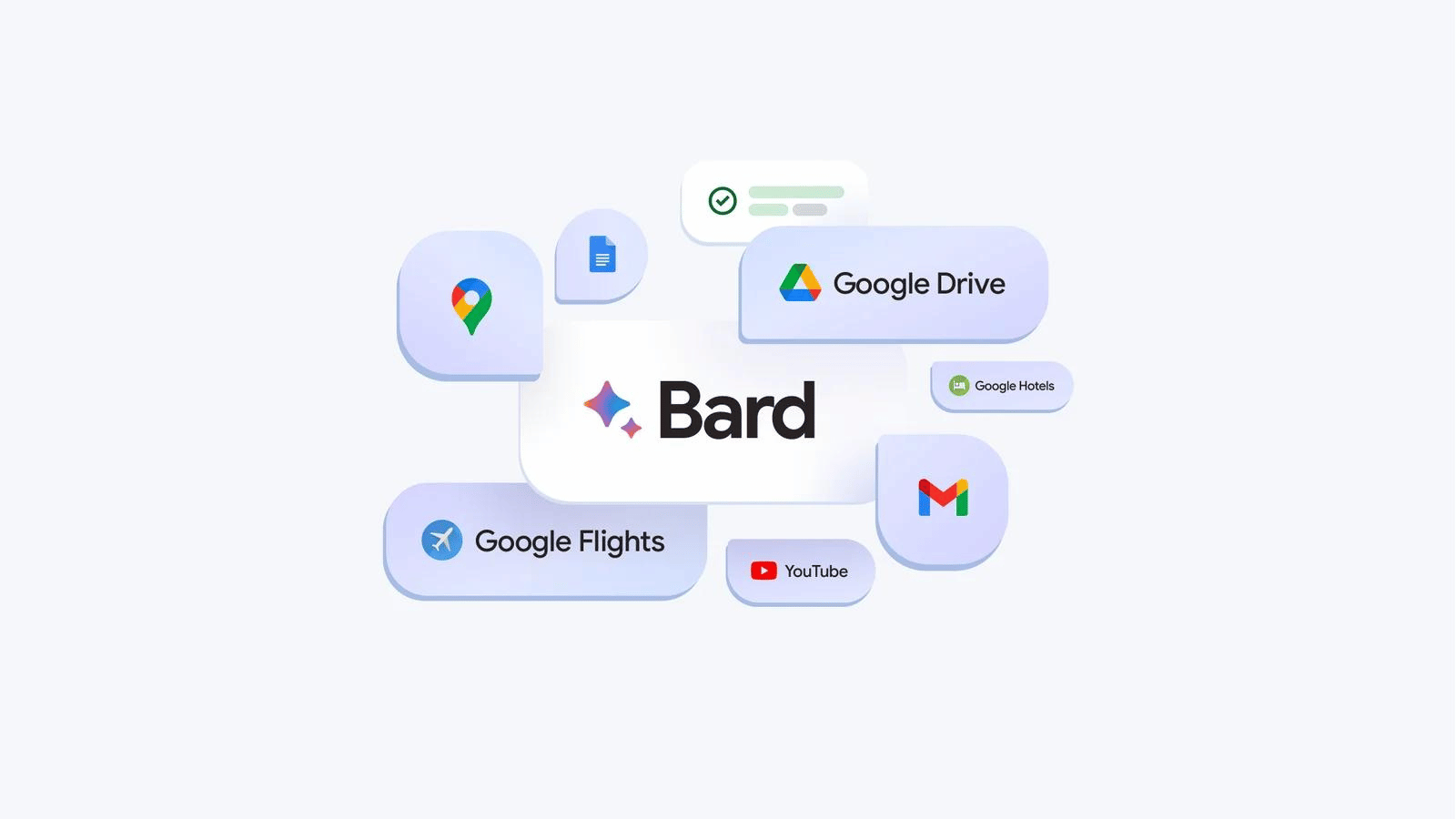Neuralink goes home-sapien

Elon Musk’s Neuralink – a company working on implantable brain–computer interfaces – has seemingly moved past the need for testing on monkeys and has begun recruiting humans for its cause. You’ll need to be willing to have the company’s N1 computer interface implanted into your brain – but you probably already knew that.
The study, known as PRIME – Precise Robotically Implanted Brain-Computer Interface – (someone needs to teach Musk how acronyms work), isn’t looking for anyone who shows up and rings the doorbell. It’s encouraging applications from candidates suffering from amyotrophic lateral sclerosis (ALS) or quadriplegia from a spinal cord injury. They also need to be at least 22 years of age and have a caregiver in place.
Neuralink is testing three things throughout the PRIME Study. First is the safety and efficacy of the N1 chip that’ll reside inside a patient’s brain, the R1 robot that’ll implant the device, and the N1 User App that translates brain signals into computer actions.
The N1 chip isn’t the be-all or end-all in brain interface technology that Musk has been hyping up for the last half-decade. According to a post on the Neuralink website, it says “Once in place, the N1 implant is cosmetically invisible and is intended to record and transmit brain signals wirelessly to an app that decodes movement intention.” The goal here is to “grant people the ability to control a computer cursor or keyboard using their thoughts alone.”
WhatsApp’s coming to the iPad. Finally

Somehow, we’re in the latter half of 2023 and Meta’s WhatsApp is still behind the curve when it comes to iOS. The messenger has slowly opened itself up to Apple’s ecosystem over the years, with the most recent update coming in the form of a redesigned macOS app released in August. Meta appears to be keeping that streak alive, with iPadOS getting its own official app.
The new WhatsApp for iPad beta was first spotted by WABetaInfo (who else?) on version 23.19.1.71 of Apple’s TestFlight. Previously, anyone looking to use WhatsApp on the iPad was forced to go through the web version, as the iOS version wasn’t compatible with iPadOS.
The app seems to work in a similar manner to that of the app’s numerous desktop versions. Open it up, scan a QR code from your ‘main’ smartphone device and voila. It’s worth mentioning that this is still a companion app and won’t let users create a whole new account from the iPadOS interface. Don’t expect much to change in terms of looks, with WhatsApp seemingly just cribbing the iOS version and splitting it across two panes, rather than just the one. It makes you wonder why Meta took so long to make the bloody thing.
There’s no word on when WhatsApp might roll the new app out to the public, either. The only way to get in right now is through TestFlight – a difficult task considering the programme’s very limited space.
Google’s Bard can now take a peek at your emails
It’s been months since Google’s Bard – a rival to ChatGPT – hit the market. It’s slowly fallen away from the zeitgeist, leaving OpenAI’s path to AI chatbot dominance wide open. Google can’t be seen just giving up in the war for AI, especially after Bard’s $100 mistake days after its launch. It’s still plugging away at updates, hoping to make Bard a mainstay in the conversation. Its latest update might do just that, with Bard being given access to users’ Gmail, Docs, and Drive to find the answers they’re looking for, rather than being confined to web searches.
Extensions aren’t just limited to Mail, Docs and Drive. Google has automatically turned on extensions for YouTube, Maps and Google Flights. It’ll find you real-time flight information, directions to the airport – you know, that sort of thing.
The new features, which Google calls Extensions, are only available in English (for now). Extensions, uh, extend far into the Google ecosystem, and provide plenty of use cases, such as asking Bard to sift through a mass of emails or documents for one specific piece of information. It’ll even put that info to use and turn it into some sort of chart if you ask it nicely enough.
And if you’ve got any questions about privacy and security Google’s got its answer ready. Bard supposedly won’t use its user’s personal info to train itself, nor will it ever fall under the guise of a human reviewer. Or so it says. If you were sceptical before Google’s clarification, we’re doubtful your mind has been changed. Fortunately, Extensions can be turned off or limited to better suit your needs.
The company’s announcement explores how to use these new extensions, along with some clarification on its new “Google It” button.
Microsoft’s Remaster bazaar
Yesterday was a big deal if you’re a fan of classic Bethesda – especially if Skyrim in space didn’t scratch that itch. Thanks to the FTC v Microsoft trial, a number of official (and secret) documents were leaked, unveiling the company’s console plans, new controllers and most importantly – a release schedule for its upcoming games.
Some of those involved a fair few remasters with some yet-to-be-announced titles such as a Ghostwire Tokyo sequel, something called Doom: Year Zero and Dishonoured 3. Those are cool and all… but we’re far more interested in the company’s plans for Oblivion and Fallout 3 remasters.
The leaked line-up, accidentally revealed by Microsoft itself and posted by @Wario64 on X, appears to be an old release schedule, drawn up from before 2020. The listed release dates are likely as far from accurate as is possible, with Starfield still displaying its original 2021 release and the Oblivion remaster meaning to hit shelves in 2022.
Still, you can’t miss what you never had, huh?






